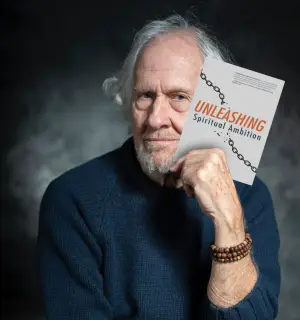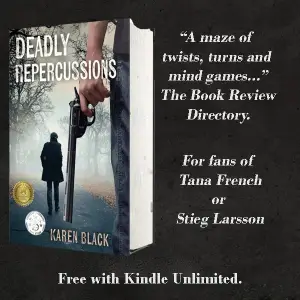Unlocking the Intriguing Corners of The Locked Door
As a long-time fan of Freida McFadden, I jumped at the chance to delve into her latest thriller, The Locked Door. The premise caught my attention from the outset—Nora Davis, a skilled surgeon with a shadowy lineage, grappling with the chilling legacy of her serial killer father. Just the thought of a daughter trying to escape the dark echoes of her father’s past while facing her own demons instantly drew me in. McFadden’s knack for crafting gripping narratives has always left me wanting more, and I couldn’t wait to see how she would weave this complex tale.
At its core, The Locked Door taps into themes of identity, trauma, and the lengths one goes to escape an inherited legacy. The narrative flips between Nora’s present life—which appears well-structured and functional—and haunting flashbacks from her childhood, a clever technique that layers her character with an unsettling depth. Yet, despite the potent setup, I found myself wishing for a more profound exploration of Nora’s inner world. While the idea of a “girl next door turned surgeon” haunted by a notorious father is compelling, her character sometimes felt less like a fully realized person and more like a collection of traits.
McFadden employs her signature fast-paced writing style, with short, punchy chapters designed to keep you guessing. I zipped through the novel in what felt like no time at all, occasionally pausing to reflect on the impact of the story. However, this rapid pacing sometimes felt like a double-edged sword. Moments that could have benefited from deeper emotional resonance were glossed over, leaving me craving more nuanced exploration of secondary characters and ethical dilemmas that popped up throughout the plot.
One standout aspect was the narrative’s ability to surprise; there were impressive twists that genuinely caught me off guard. Nonetheless, a major turning point about the identity of a potential antagonist came as a confirmation of my suspicions rather than a shocking revelation. In a thriller, the thrill often comes from unexpected turns, but here, it felt more like falling into a familiar pattern. McFadden throws out several red herrings, but sometimes it felt like the story was more focused on keeping us guessing than exploring the emotional stakes fully.
Even the much-anticipated epilogue felt a bit lackluster. McFadden has a talent for leaving readers with that jaw-dropping final moment, yet here, it seemed a bit milder—solving the story’s threads but not sealing them with the exciting punch I’d hoped for. Instead of feeling cathartic, the ending left me a touch unsatisfied.
In summary, while The Locked Door is undeniably entertaining and features a premise rich with potential, it didn’t quite reach the heights of McFadden’s previous works for me. That said, if you’re a fan of quick-paced thrillers packed with intriguing ideas, you will likely enjoy this book. It’s perfect for whiling away an afternoon, even if it might not stick with you in the long run. For those new to McFadden, it’s a solid introduction to her style, but I’d recommend exploring her earlier works for that heart-stopping punch that brought me back time and again.
As I closed the book, I found myself pondering the messages it carries about the chains of familial legacy and self-reinvention. While The Locked Door didn’t blow my mind, it certainly opened a door to thought and conversation—an exciting exploration, albeit one I might not revisit anytime soon.






